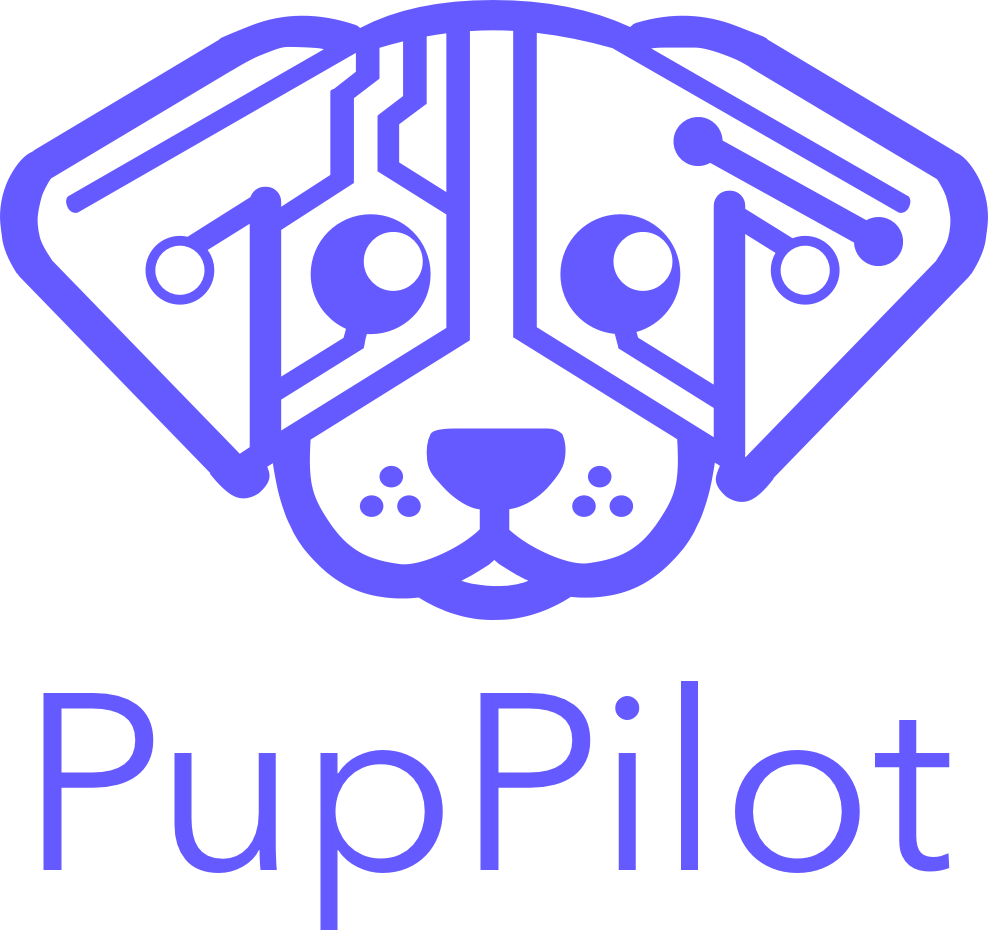From Frustration to Flow: How AI is Transforming Medical Record Retrieval in Veterinary Clinics
AI is turning one of veterinary medicine’s biggest admin headaches—medical record retrieval—into a fast, secure, and error-resistant workflow. Learn how automated assembly, and one-click referral exports cut turnaround time by 70–90% while easing front-desk burnout.

In most veterinary clinics, there’s one request that makes front-desk teams groan quietly: “Can I get a copy of my pet’s records?”
Whether it’s for a referral, a move to a new vet, boarding paperwork, or a second opinion, medical record retrieval is one of the most frequent and most frustrating admin tasks in veterinary medicine.
For front-desk staff, it means stopping what you’re doing, locating records across multiple systems, combining SOAP notes with lab results and imaging, redacting internal notes if needed, converting to PDF, and emailing (or faxing!) the right file to the right person, all while the phone keeps ringing.
For managers, it adds up to hours of unproductive labor and creates the risk of errors, privacy lapses, or missed deadlines that can frustrate clients and damage your clinic’s reputation.
Fortunately, AI-powered tools are now helping veterinary clinics streamline the entire medical record retrieval process with more speed, less stress, and zero file digging.
Let’s break down why this process is such a pain point and how AI is offering real relief.
Why Medical Record Retrieval Is So Time-Consuming
Record retrieval sounds simple. But here’s what it usually involves:
- Searching multiple systems (PIMS, lab portals, radiology platforms)
- Verifying client and patient info across documents
- Compiling full visit histories or specific records (e.g., just last year’s bloodwork)
- Manually formatting and converting files to a client- or vet-friendly format
- Double-checking for confidential/internal notes
- Responding to follow-up questions from clients, new clinics, or specialty hospitals
Each request might take 10–20 minutes or more if the records are buried, incomplete, or scattered across platforms. Multiply that by 10 or more per week, and it’s a significant drag on your admin resources.
Worse, it often falls to already-overloaded reception staff who are balancing incoming calls, check-ins, prescription refills, and general client service.
The Hidden Cost of Manual Record Management
Record retrieval isn’t just tedious. It’s also risky.
- Client frustration: Delays in getting records can upset clients who are transferring care or need time-sensitive documents
- Referral inefficiency: Slow or incomplete transfers frustrate specialty hospitals and hurt your clinic’s professional image
- Privacy concerns: Sending the wrong version or forgetting to redact internal notes can lead to client complaints or even liability
- Staff burnout: Admin fatigue is real, and asking skilled front-desk staff to dig through clunky PDFs all day doesn’t help morale
This is where AI and workflow automation tools are finally stepping in.
How AI Streamlines Medical Record Retrieval
Modern AI-enabled tools can take over many of the manual steps in the record retrieval process:
- Automated Record Assembly: AI can search across platforms to compile all relevant medical data for a patient, including visit notes, diagnostics, imaging summaries, vaccine history, and treatments.
- Smart Filtering and Redaction: Tools can distinguish between client-visible records and internal-only notes, removing sensitive staff comments or drafts automatically.
- Client Self-Service Portals: Some AI tools allow clients to securely request and access their own pet’s records via a digital portal, eliminating the need for phone calls and email chains.
- One-Click Exports for Referrals: Integrated systems can generate referral-ready documents with standard formats for specialty clinics, removing guesswork.
- Request Tracking and Notifications: Teams can be notified of incoming requests, track completion status, and automatically notify clients when records are ready.
These tools don’t just speed things up. They standardize the process, reduce errors, and take the emotional load off your staff.
Real-World Impact
Clinics using AI to handle medical records have seen:
- 70–90% reductions in time spent on each request
- Fewer errors or omissions in records sent to referral hospitals
- More secure, trackable transmission of medical history
- Staff who can focus on in-clinic care, not admin bottlenecks
- Happier clients who aren’t stuck waiting days for paperwork
Imagine a future where a client requests records through your website, selects the time range or type of records they need, and receives a secure link within hours. No emails, no printing, no interruptions at the front desk.
That’s not a luxury. That’s where AI is already taking us.
What to Look for in a Record Automation Solution
If you’re considering AI for medical record automation, make sure the solution:
- Integrates with your existing PIMS and diagnostic platforms
- Supports both client-initiated and staff-initiated record requests
- Includes role-based access and audit trails for compliance
- Allows for filtering of sensitive/internal data
- Is secure, encrypted, and HIPAA-adjacent (for veterinary best practices)
Bonus points if it integrates with your scheduling or referral system to proactively send records in advance of consults or rechecks.
Final Thought: Don’t Let Paperwork Undermine Patient Care
Medical records are the backbone of veterinary care. But retrieving them shouldn’t slow your team down.
By bringing AI into the mix, you can turn one of your clinic’s most dreaded tasks into a seamless workflow. That means less staff time lost to PDF wrangling, better communication with partners and pet owners, and more trust in your clinic’s professionalism.
Because in today’s veterinary landscape, your records shouldn’t just be complete. They should be accessible, fast, and smart.
Related: What is an EHR? A Clear Guide to Electronic Health Records, Clinical Notes AI: Transforming Healthcare Documentation, and Beyond the Keyboard: How AI is Revolutionizing Clinical Documentation.
